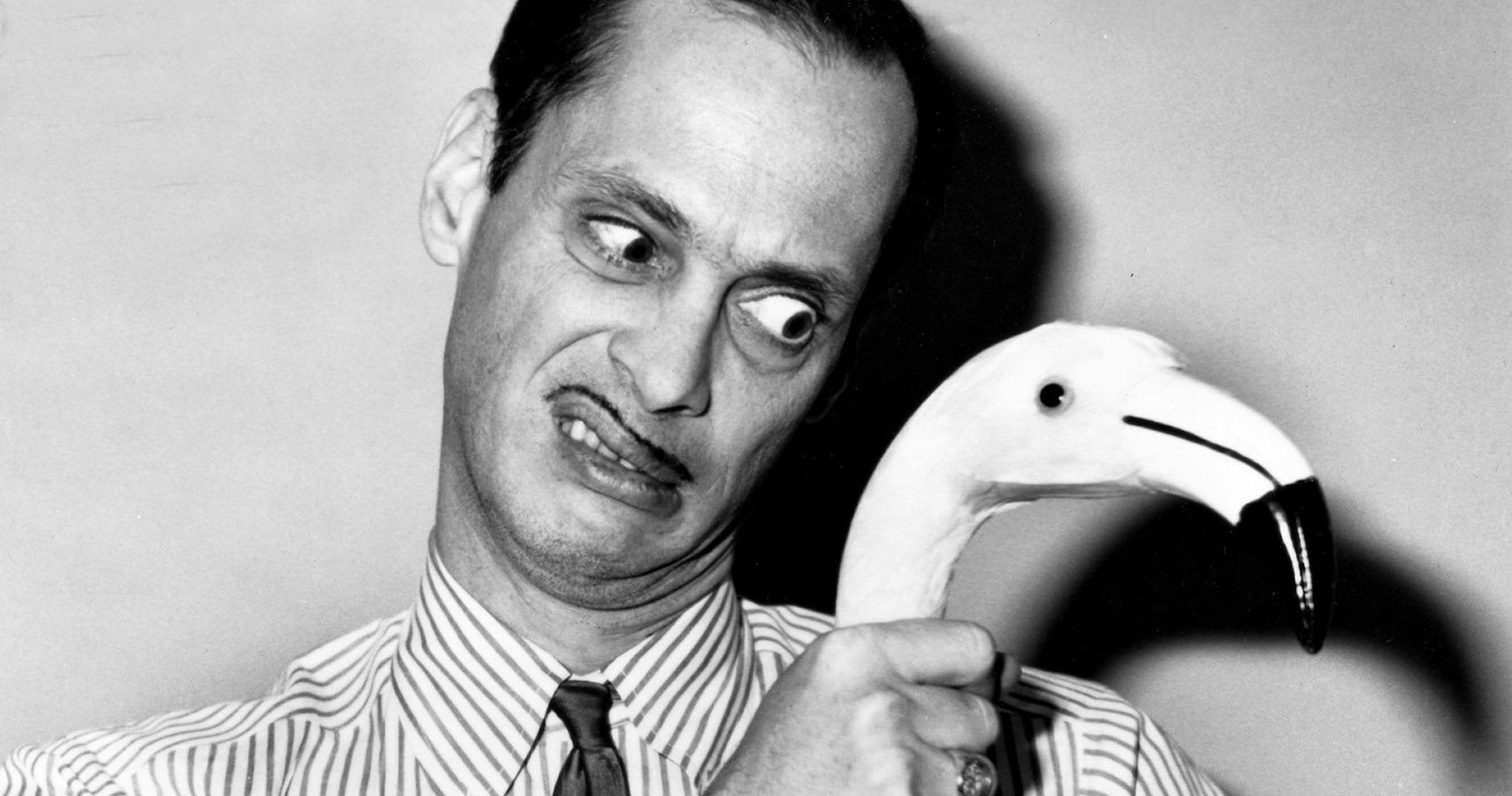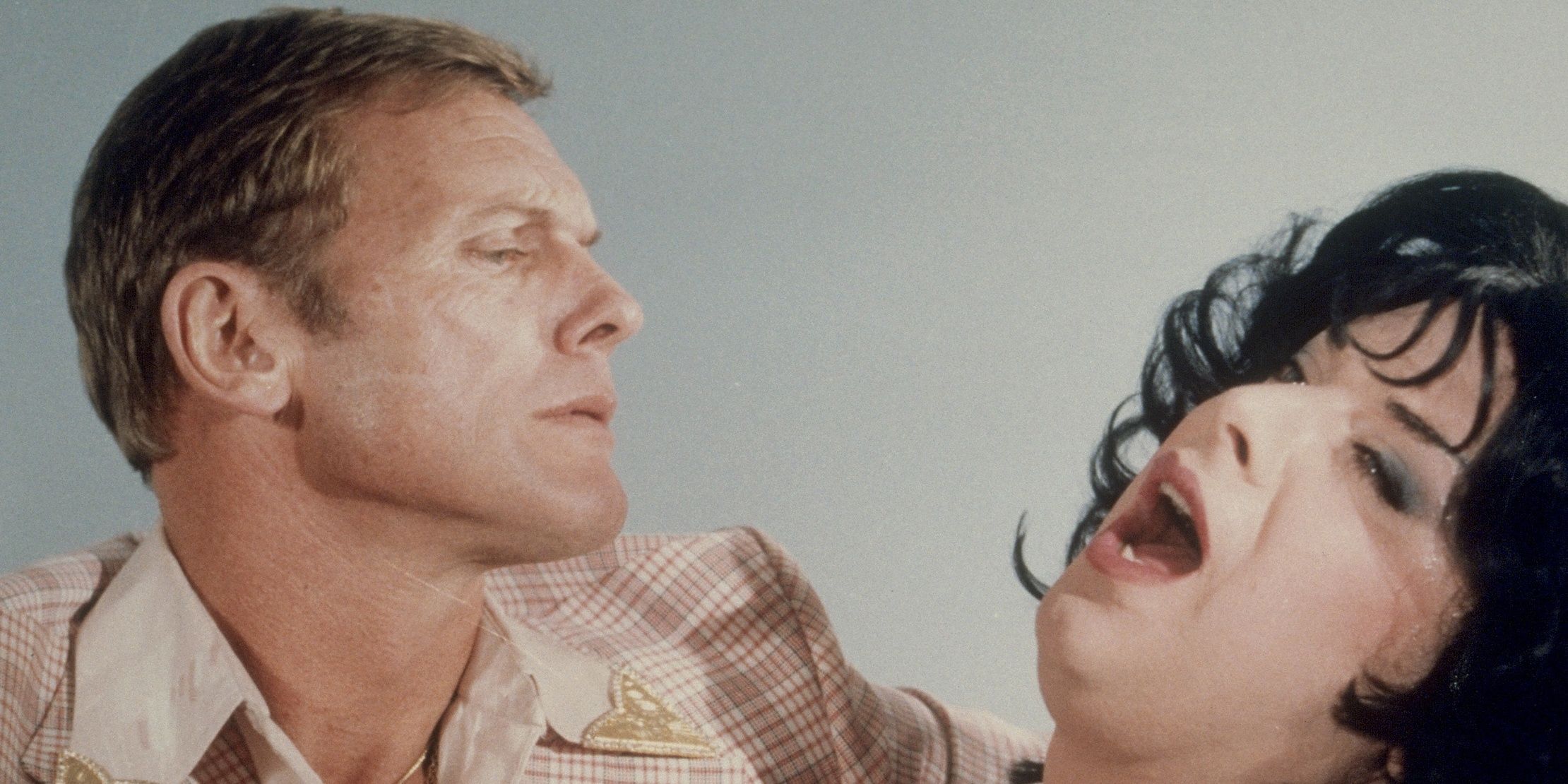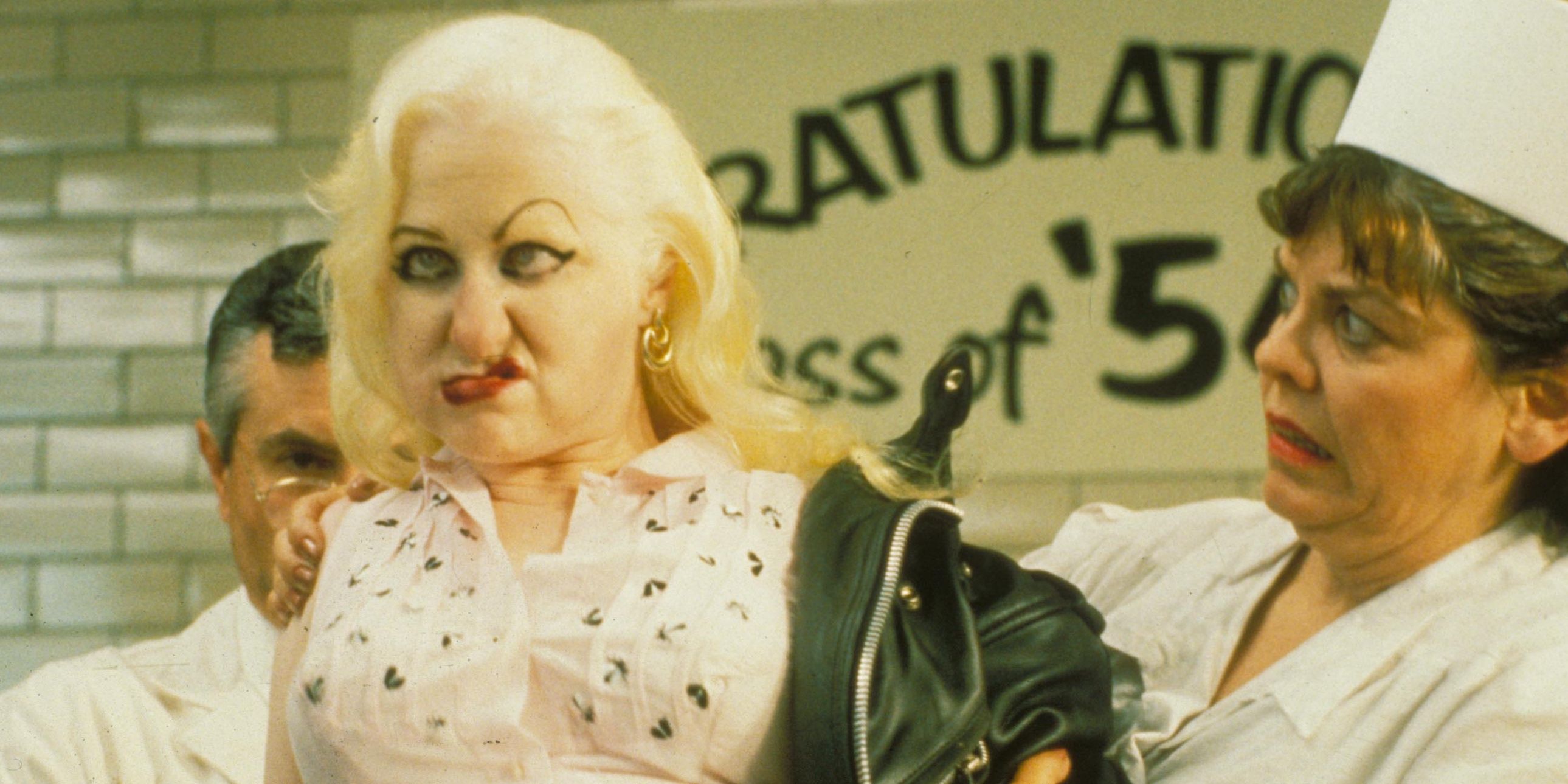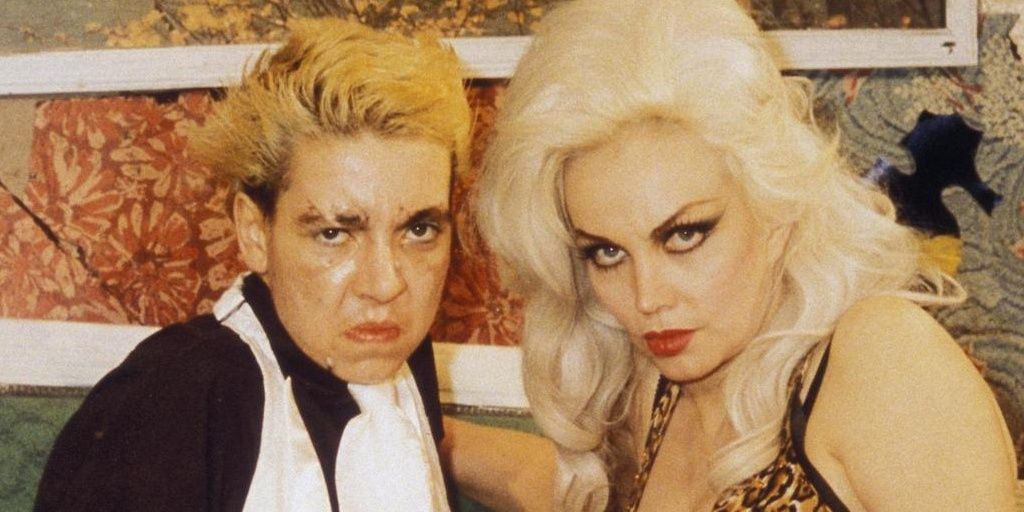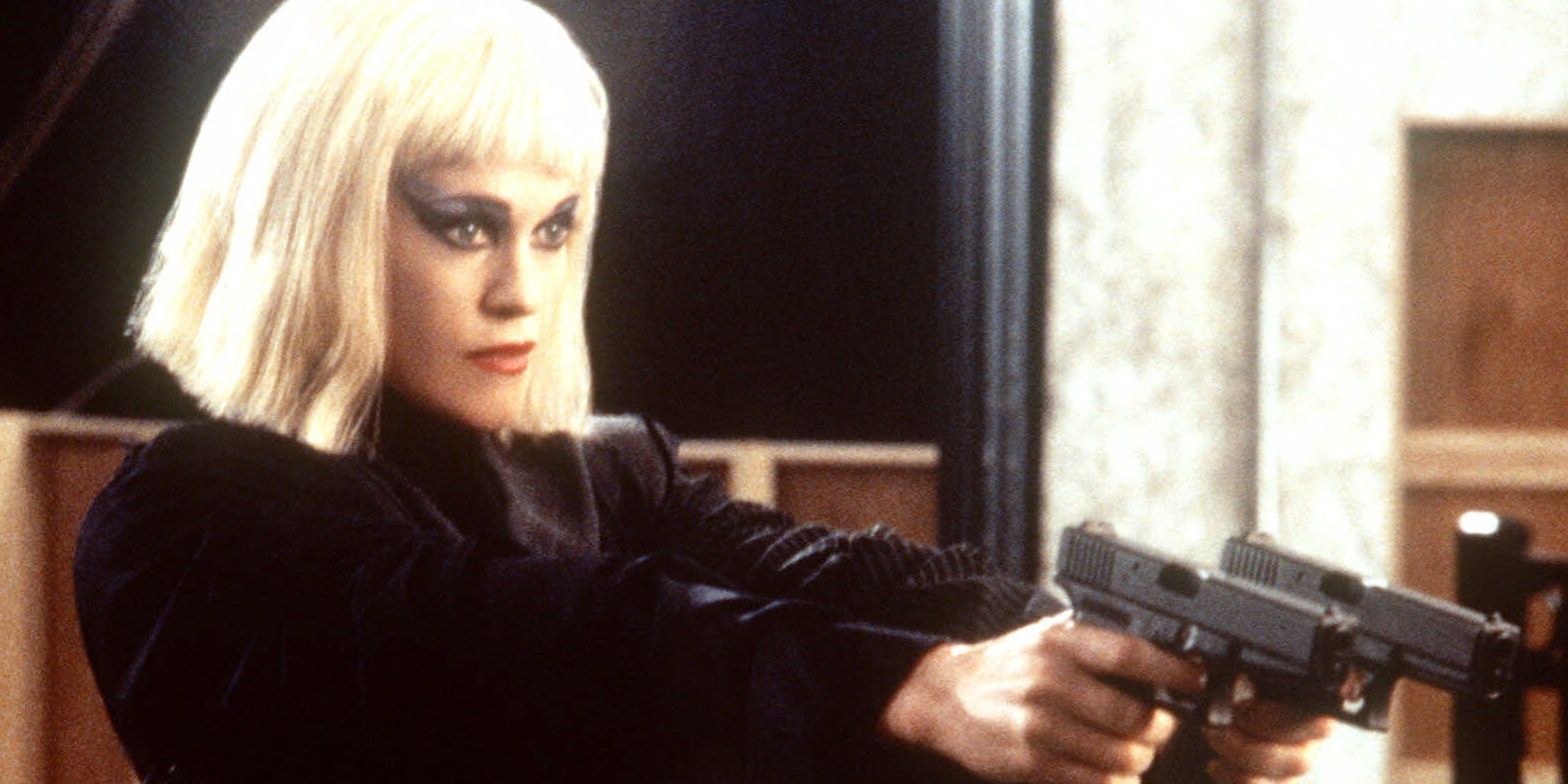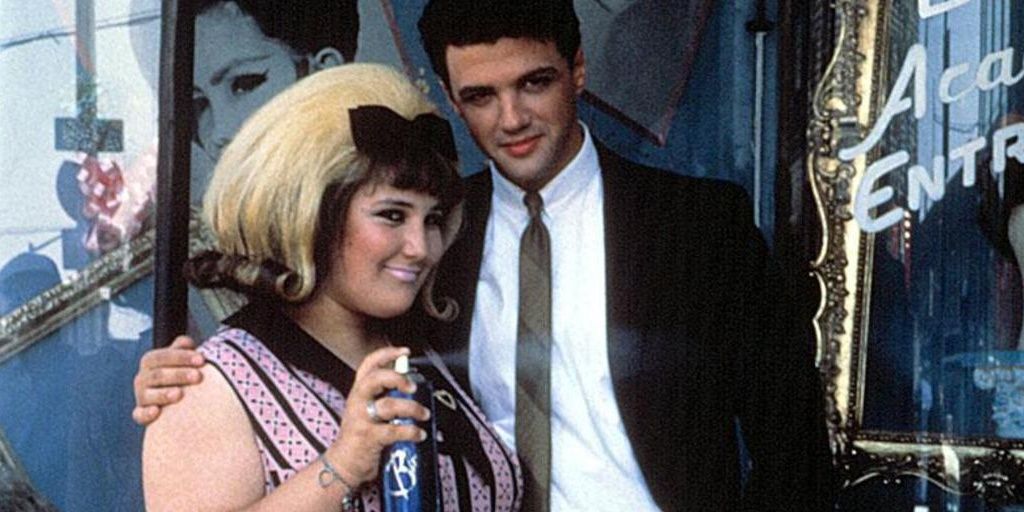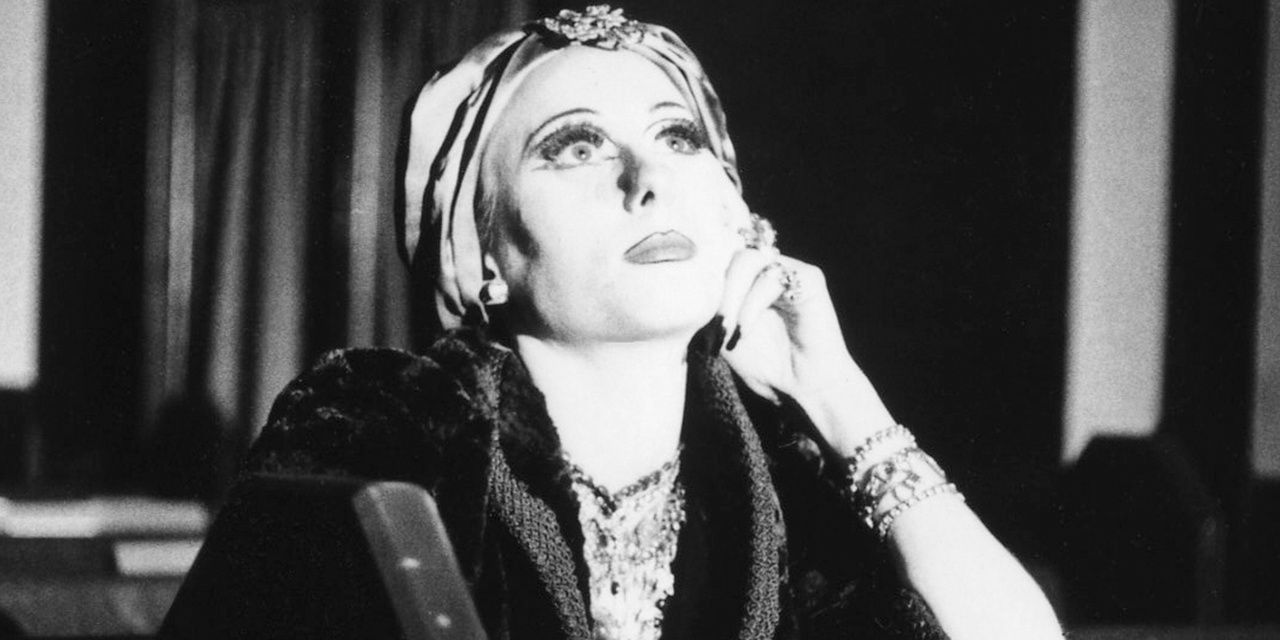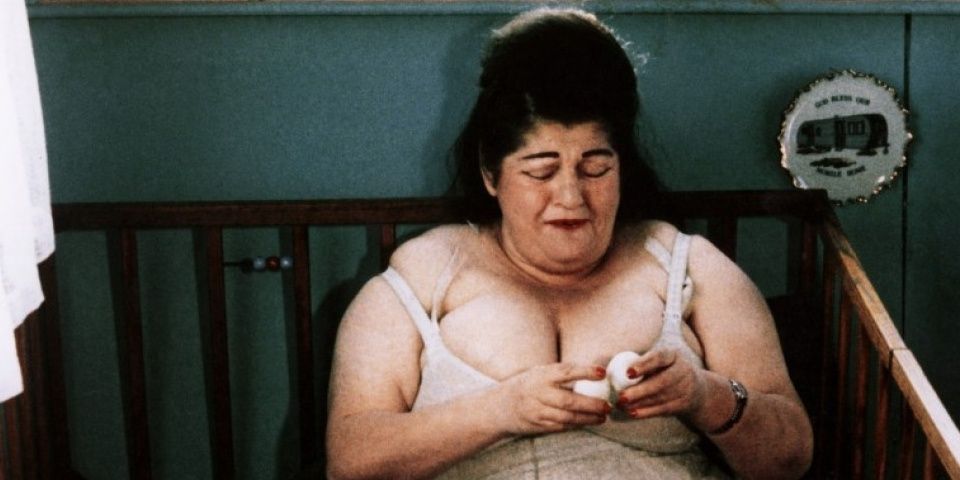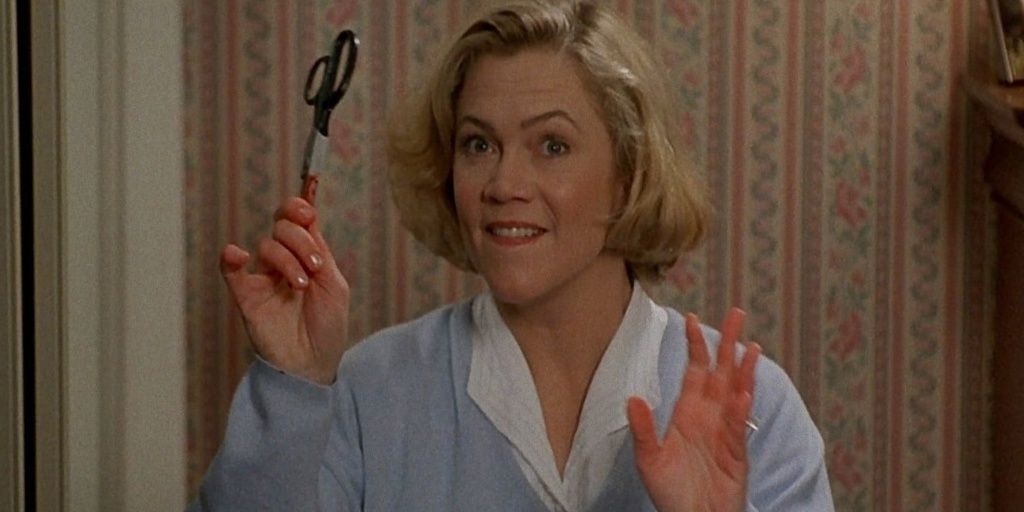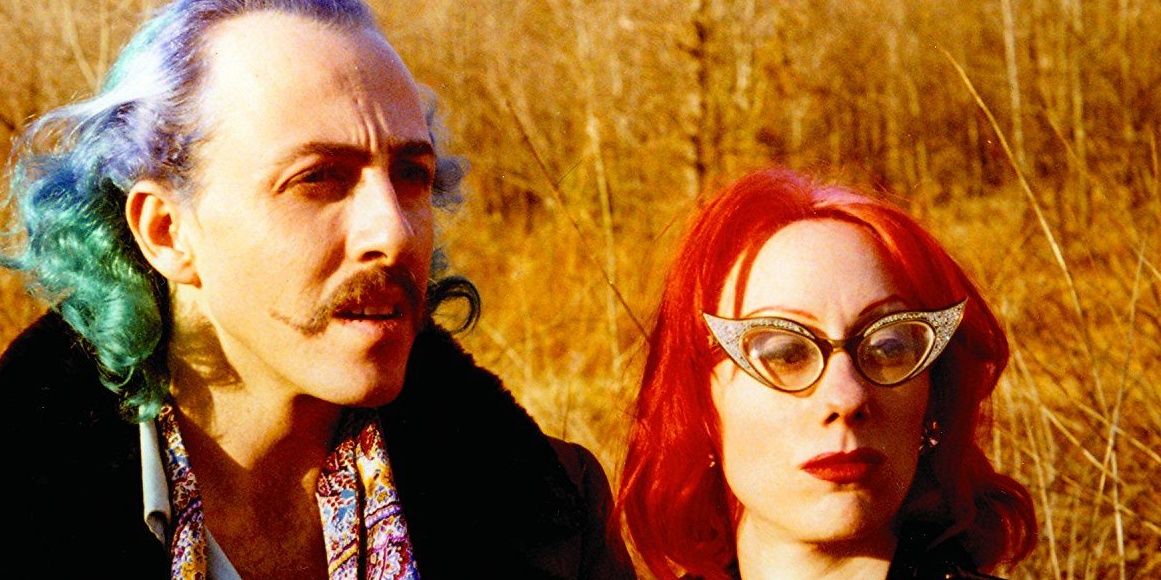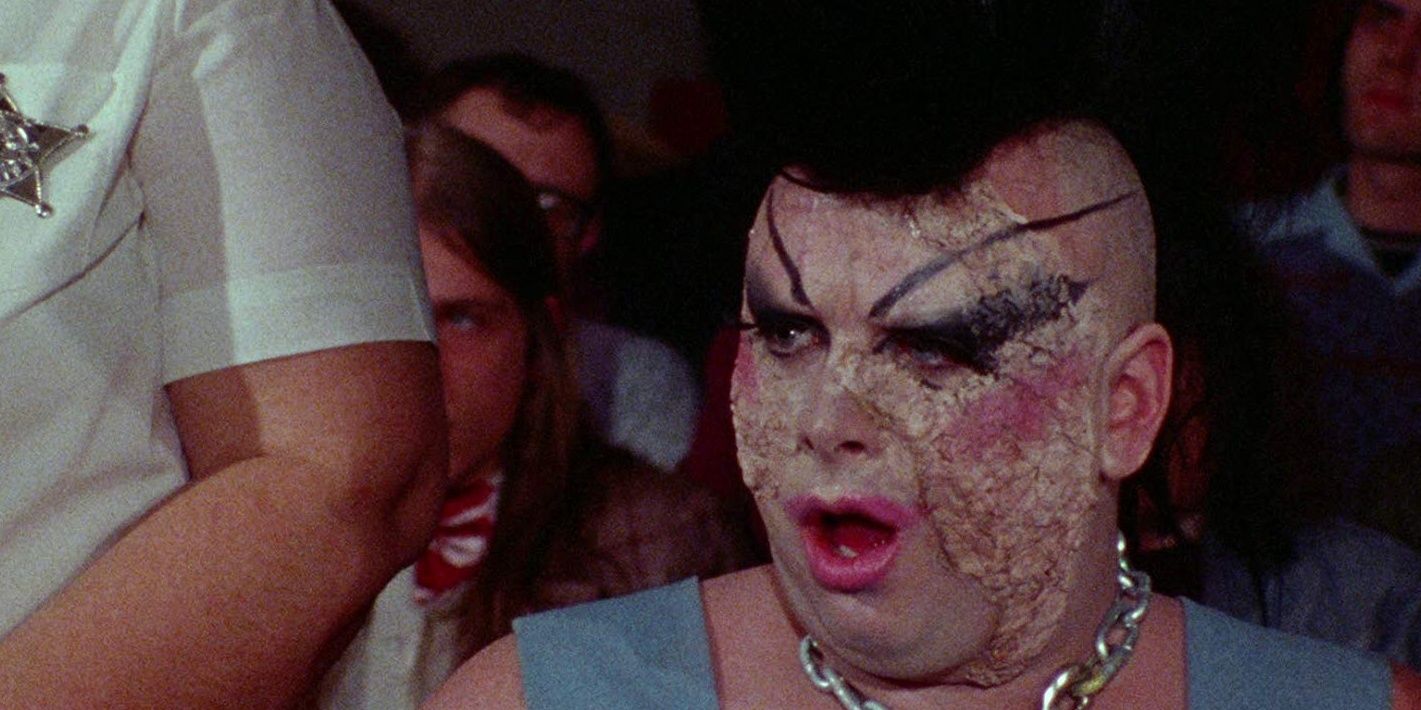Baltimore-based filmmaker John Waters has had a long career as a master provocateur. A fixture of the midnight movie scene of the 1970s who gained prominence with his "Trilogy of Trash" before a blush with mainstream acceptability with 1988's Hairspray, Waters is as good at creating memorable characters as he is offending delicate sensibilities.
Working frequently with friends and fellow artists he assembled from his friend group growing up in Maryland (collectively known as "The Dreamlanders") Waters had a real skill in drawing madly stylized performances out of people, none of which are more incredible and iconic than those of Divine, the rotund drag performer who starred in many of his vehicles. Though the performances of Divine could fill an entire list unto themselves, below are collected the ten most memorable performances across all of John Waters films.
Todd Tomorrow
For Polyester, Waters’ most overt send-up/homage of 1950s women’s pictures and Douglas Sirk-style melodramas, he needed a leading man with star quality big enough to match Divine’s outsized screen persona. Who better to fill that role than legendary heartthrob Tab Hunter? After his 50s heyday, Hunter struggled to stay relevant in Hollywood, an issue exacerbated by persistent rumors of his homosexual inclinations, which the actor/singer wouldn’t confirm the accuracy of until 2005.
Much like Rock Hudson, Hunter was a squeaky clean, All-American type with a dark secret; an outsider on Hollywood’s inside. This made him especially well-suited for John Waters world of loveable outcasts, and as Todd Tomorrow, Hunter got to poke holes in his image as a Hollywood hunk in a subversive turn as the object of affection to Divine’s desperate house frau Francine Fishpaw.
Mona "Hatchet-Face" Malnorowski
Reportedly, when Waters was looking to cast the role of Cry-Baby's "Hatchet-Face" in 1989, the call went out for a "Girl with a good body and an alarming face who is proud of it." Enter Kim McGuire, an extremely fair-complexioned actress whose already unique physiognomy was further amplified through makeup.
As the sweet-natured, beating heart of the band of the Johnny Depp lead high-school hellcats central to Waters' first and only musical, Hatchet-Face is one of the director's most empathetic creations. "There's nothin' wrong with my face, I got character!" she insists, in a statement that could easily sum up Waters brand of outsider cinema and its devotion to freaks in all of their beauty, both inside and out.
Mole McHenry
One of the slightly lesser-known (though no less important) Dreamlanders, Susan Lowe really got her chance to shine in Waters' 1977 fairytale gone to the trash heap, Desperate Living. As Mole McHenry, a former female wrestler turned transgender gangster, Lowe went from background player to star.
Though Waters has never been, nor desired to be, the most politically correct of directors, Mole is obviously a character intended to provoke, but he’s also a surprising early example of a three-dimensional trans character in cinema, and is no more insane or grotesque than anyone else in Waters' Trashterverse. And isn't that what equality is all about?
Honey Whitlock
80s “It” Girl Melanie Griffith turned in one of the most underappreciated Waters performances in Cecil B. Demented (2000) as Honey Whitlock, a bratty former starlet kidnapped by a band of cultish “cinema terrorists.” Inarguably one of the biggest stars to take a trip through Waters funhouse mirror version of Baltimore, Griffith brings an air of class and refinement to one of the director’s most anarchic post-80s works.
Delivering Waters most ridiculous dialogue (“I f***ing hate Forrest Gump!”) with enough vim and verve to rival Divine, herself, she makes Honey Whitlock into one of the greatest Waters characters, poorly rendered flaming hair and all.
Tracy Turnblad
It's easy to forget just how subversive Waters’ first PG-rated, only “family film” truly is, especially considering it was turned into a hit Broadway musical that has become better known than the film that inspired it.
Ricki Lake’s indelible turn as big girl with a dream, Tracy Turnblad who becomes an integration activist in 1960s Baltimore may not seem terribly revolutionary, but at a time before the body positivity movement, Tracy was a symbol of self-love without precedent.
The Religious Whore
Multiple Maniacs is hands down the most important of Waters early work: giving audiences their first full-formed taste of the director’s lunatic sensibility. Lifelong friend and collaborator of Waters, the fabulously named Mink Stole would go on to be featured in every film he released, but their collaboration began here.
As a glamorously tawdry woman who gives Divine a “rosary job” in a church pew while reciting the stations of the cross, Stole almost snatched the film right out from under her typically large and in charge co-star.
The Egg Lady
Any character played by the adorable Edith Massey could have made this list, but The Egg Lady was her first substantial role for Waters, and still her most well-loved.
Playing opposite Divine as her mentally unstable mother, Massey’s character, known only as “Mama” or “The Egg Lady” spends her days lolling in a giant crib waiting for deliveries from the neighborhood egg man. The first of what would be many examples of Waters casting a good-natured outsider as something of a lovable freak, The Egg Lady is as warm as she is bizarre.
Beverly Sutphin
If watching the famously husky-voiced Kathleen Turner engage in profanity-ridden crank calling and beating old ladies to death with turkey legs doesn’t sound like the best time imaginable to you, then you simply can't be helped.
Connie & Raymond Marble
Pairing up Mink Stole and Dreamland stalwart David Lochary as the snooty antagonists to Divine’s Babs Johnson in the immortal Pink Flamingos created two of the most dastardly villains imaginable. These colorful-haired snobs not only kidnap women, have their butler rape them, and sell the babies to lesbian couples, but they’re involved in an elementary school heroin ring and are hell-bent on challenging Babs’ title as the “filthiest people alive.”
Played with hilarious vileness by the duo, and delivering some of the greatest lines in Waters filmography with truly iconic gravitas (“I guess there's just two kinds of people [...] my kind of people, and a**holes. It's rather obvious which category you fit into”) Connie and Raymond Marble are the epitome of the pope of trash’s dedication to filth.
Dawn Davenport
Onscreen Divine, (or, Harold Glen Milstead as he was known) was always Divine, regardless of what might have been scribbled on the page. This preternatural force, a character once described by Waters as "Elizabeth Taylor as Godzilla" is so central to what the director's cinema is about, when Milstead is absent, the films almost ache for his presence. All Divine is good Divine, but Milstead's best hour comes in Female Trouble.
Playing a self-professed thief and shitkicker with ambitions of fame, Milstead stars as Dawn Davenport, a teenage runaway who becomes an art world celeb and deformed murderess by film’s end. Female Trouble is Waters’ merciless mockery of the art world and its elitism, and he utilizes his greatest creation--Divine herself--as a mad canvas on which to splatter all matter of grotesquerie. Though the term "force of nature" has frequently been used to describe Divine, never was that whirlwind quality better harnessed than in this film.

